
Recommendation
Ronald J. Baker makes a sound economic case that the traditional method of generating prices by calculating costs and figuring in an acceptable profit is outdated and unsuitable for today’s knowledge-based business world. Price differentiation and value-based costing have been around for a while, but Baker’s explanation is useful and nicely written. He explains how different customers will value your product their own way, and how to use that differentiation to make money. In 22 concise chapters, he shows you how to understand your customers better and how to create value that they will buy. By capturing a share of that value you earn profits. Baker has a knack for explaining economic concepts in plain English rather than abstruse textbook jargon – and that’s valuable, right there. Get it, read it, use it and make more money. getAbstract recommends it in particular to marketing and product management professionals (or anyone who is interested in the subject of pricing).
Summary
About the Author
Ron Baker also wrote the bestselling Professional’s Guide to Value Pricing. He teaches value-pricing to businesspeople worldwide.








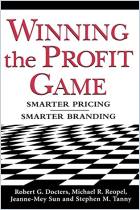
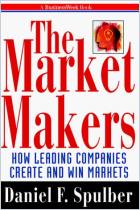

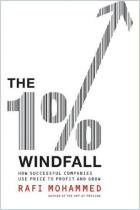
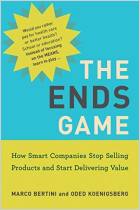
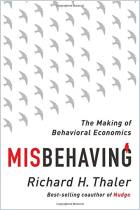



Comment on this summary or Diskussion beginnen